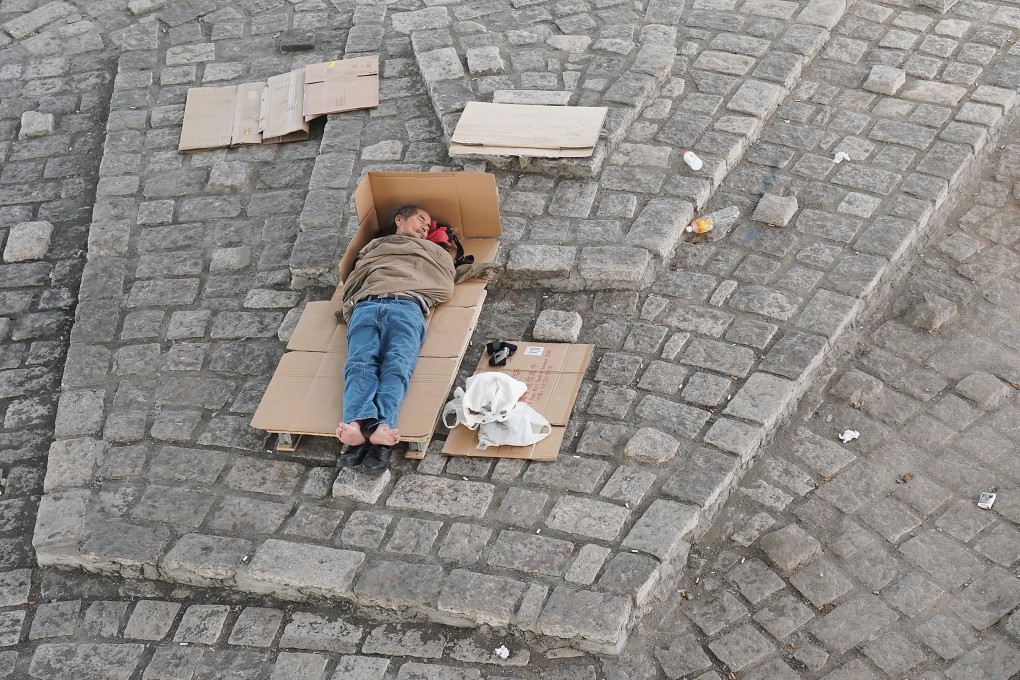Opinion | Don’t let the Covid-19 crisis reverse hard-won gains towards ending poverty
- Leaders should recognise the crisis offers a rare chance to build a more inclusive, sustainable world, but only if we end all forms of poverty. The launch of a global multidimensional poverty index can serve as a catalyst

Today’s pandemic-induced humanitarian and economic crisis represents an unprecedented opportunity to go beyond emergency responses and address our economies’ structural flaws. Many governments’ stimulus and recovery packages are already shaping the future. But leaders should also recognise this rare chance to build a more inclusive and sustainable world, possible only if we end poverty in all its forms.
Using data going back to 2010, the Global Multidimensional Poverty Index provides a comprehensive picture of how people experience disadvantages, measuring deprivations in health care, education and living standards across 10 indicators.
This data can help us mitigate the pandemic’s burden on the 1.3 billion people in multidimensional poverty, while preventing many others from succumbing. National governments should consider creating their own country-specific multidimensional poverty indices to guide their anti-poverty strategies.

